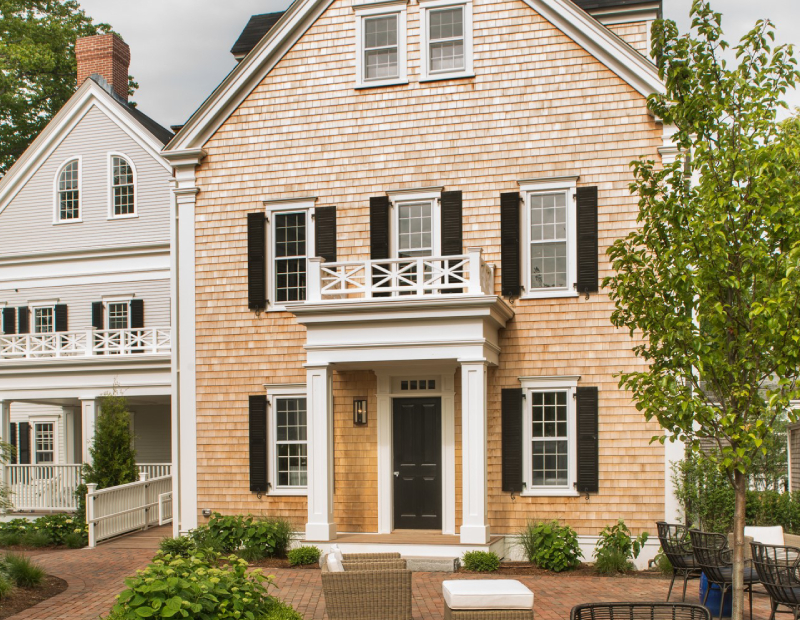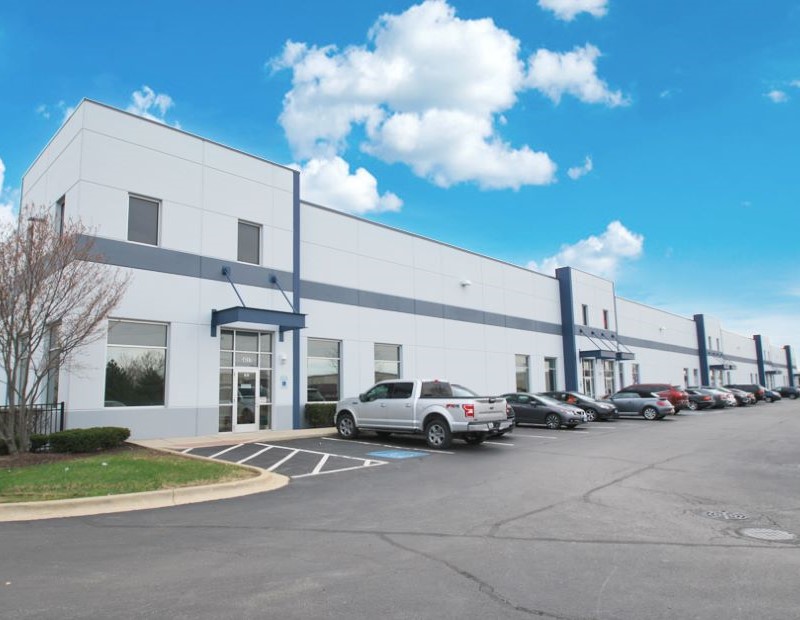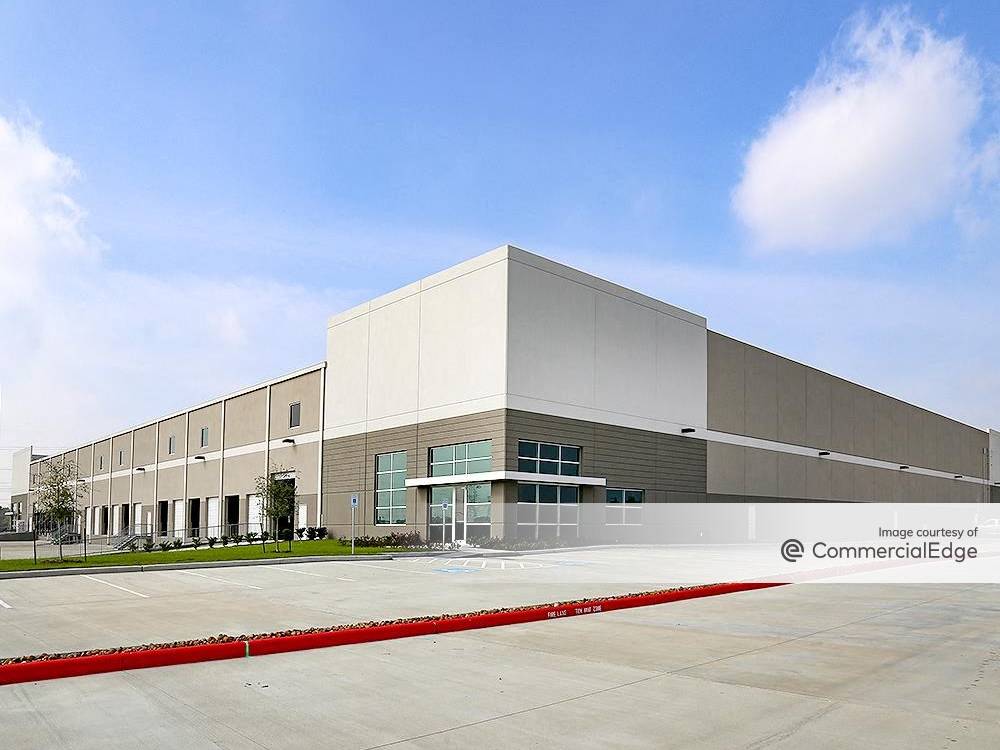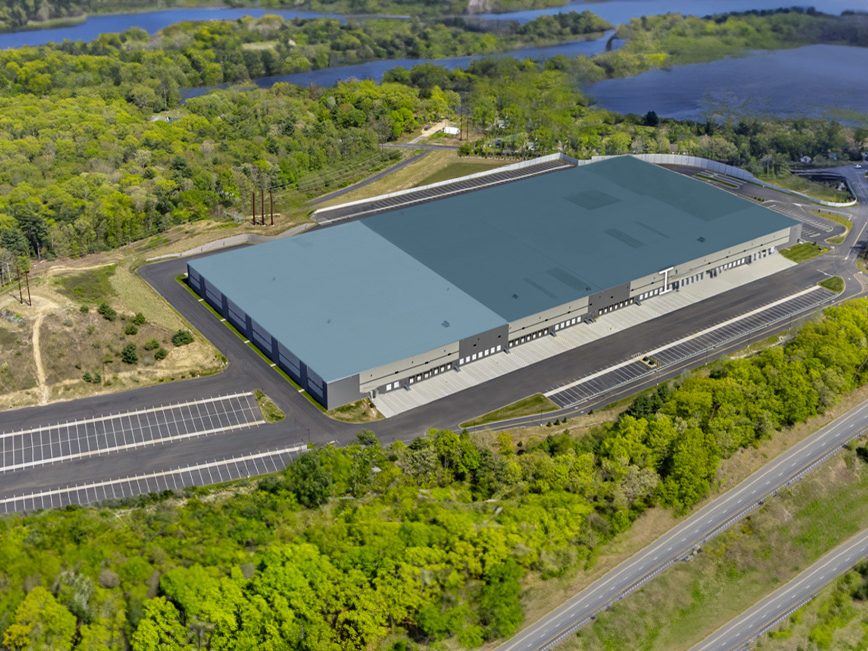Life House Secures $100M in Equity Capital
The funding from Blue Flag Partners is expected to enable the lifestyle hotel brand and management company to substantially expand its portfolio.
Life House, a New York-based company specializing in lifestyle boutique hotels, has secured $100 million in equity commitments, or about $250 to $300 million in total asset value, from Boston’s Blue Flag Partners. The sum is expected to let Life House acquire seven to 10 additional hotels.
The deal comes soon after Life House took over operation of The Roberts Collection, a historic 58-room hotel in Nantucket, Mass., which Blue Flag had acquired in April. Life House will begin restoration of the hotel this coming fall. The investment platform will allow Blue Flag to connect Life House’s management, technology and design capabilities with real estate opportunities in high-barrier-to-entry markets traditionally overlooked by value-add investors.
READ ALSO: US Hospitality Sector Continues Growth Trend
By 2020, Life House plans to have more than 20 hotels open or under construction across the U.S., in markets including Nantucket, Brooklyn, Denver and Lake Tahoe. Life House has used venture backing from Global Founders Capital, Comcast Ventures and Trinity Ventures to develop proprietary technology intended to drive incremental revenue and automate operational efficiencies, reportedly yielding a 30 to 50 percent higher return on hotel investments for its real estate partners than traditional management companies.
Across its current portfolio of four operating hotels in Miami and Nantucket, Life House reportedly is driving between 50 and 80 percent of bookings direct to its website, representing a two- to three-fold improvement over a typical U.S. independent hotel.

Bryan Dunn, Vice President of Acquisitions and Business Development, Life House. Image courtesy of Life House
Bryan Dunn, Life House’s vice president of acquisitions and business development, explained to Commercial Property Executive that Life House raises two types of capital: venture capital to fund their operating company and “build strong value propositions through the use of technology” and real estate capital to acquire hotels for their asset-light operating company to manage.
“Blue Flag Partners has dedicated $100 million equity to acquire future hotels in exclusive partnership with Life House, whereby Life House will be the operator and brand. By capitalizing each real estate deal independently from our OpCo, Life House does not dilute our venture capital investors with real estate returns,” Dunn added.
The challenges of high-tech hospitality
“Life House has developed seven proprietary software solutions, including a guest-facing mobile app with a social network, an automated financial accounting and reporting system, a reservation and booking system and software to manage hotel staff,” Dunn said. “We add value from both an expense-management perspective through the automation of repeatable tasks and from a demand-generation standpoint through a fully in-house built technology stack that enables our teams to better convert on direct traffic to our website.”
Fewer than half of hotel managers see themselves as tech innovators, and only about one out of three hotels is identified as “leading in customer-facing innovation,” according to Hospitality Technology’s 2019 lodging technology study.
“Hotels are least confident in how they’re leveraging data,” the report said, with only 23 percent stating they are innovators in analytics. This, in turn, aligns with the lack of confidence in customer-facing technology, as technology implementation is often most effective when it’s in lock-step with available guest data. If the data isn’t being utilized, hotels lose confidence in how they utilize customer-facing technology for the greatest impact.
Priority areas for improving guests’ digital experiences include driving direct reservations, mobile and personalized marketing, and mobile check-in/out, survey respondents told Hospitality Technology.








You must be logged in to post a comment.